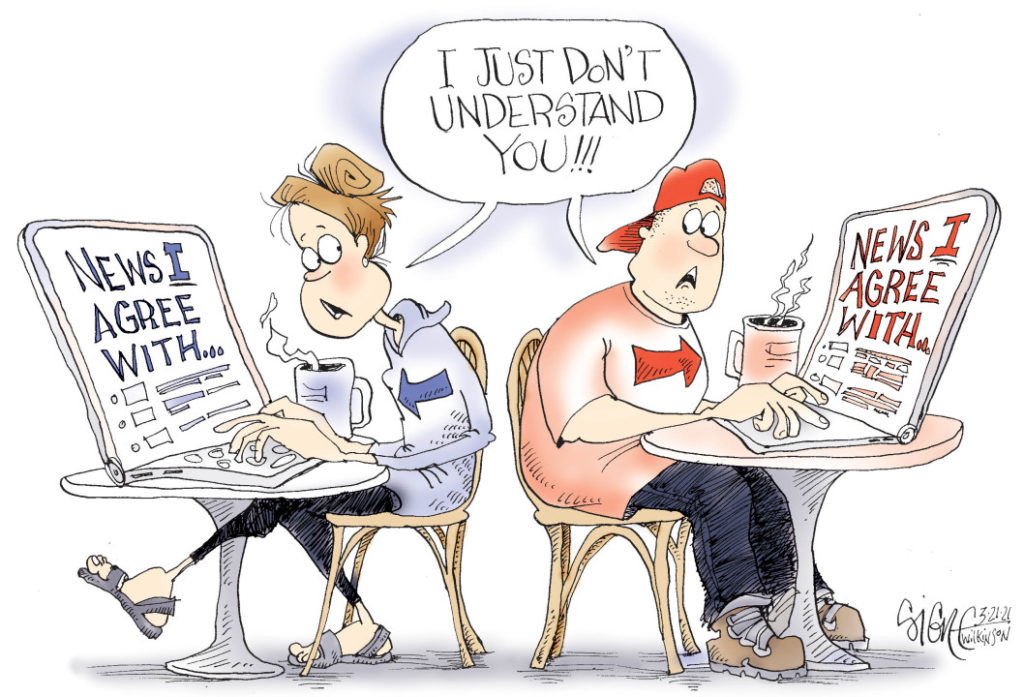The problem with blanket statements from the untrained eye. By Misty Newman, CMHC and Owner of MVC
 As a Certified Mental Health Counselor (CMHC) and owner of Mental Vitality Counseling (MVC), I have witnessed firsthand the profound impact that mental health therapy can have on individuals’ lives. Therapy is a vital tool for many people who are struggling with mental health challenges, offering support, coping strategies, and a space for healing. So, when people with a large platform or following who aren’t trained in the field, publicly criticize therapy and the mental health profession, it’s not only concerning—it’s potentially dangerous.
As a Certified Mental Health Counselor (CMHC) and owner of Mental Vitality Counseling (MVC), I have witnessed firsthand the profound impact that mental health therapy can have on individuals’ lives. Therapy is a vital tool for many people who are struggling with mental health challenges, offering support, coping strategies, and a space for healing. So, when people with a large platform or following who aren’t trained in the field, publicly criticize therapy and the mental health profession, it’s not only concerning—it’s potentially dangerous.
There have been some people making sweeping claims about the mental health field, particularly in relation to the adolescent population in America. While I wholeheartedly agree that every aspect of mental health, particularly in children and adolescents, must be approached with sensitivity, care, and rigorous research. Making broad generalizations about therapy being bad is a disservice to the complex reality of mental health care.
First and foremost, most often people that are making these claims are not trained mental health professionals. Her background is in journalism, and while that certainly qualifies her to share opinions on a variety of topics, it does not equip her with the expertise needed to critique a nuanced, clinical field like mental health therapy. In this context, someone who is not a trained mental health professional, should be cautious when making statements about practices they don’t fully understand. Unfortunately, people with simple opinions have a far-reaching influence, especially when they have a large platform. That’s where the problem lies.
Opinions, are a dime a dozen—but when they come from someone with a large following, they can have a significant impact. Sweeping generalizations that therapists are “bad” or “nefarious” dismisses the hard work, training, and ethical standards that therapists uphold in their practice.
This is not to say that there are not bad therapists. There are. Just like there are bad people or unethical people in all professions. (More on this topic in future blog posts)
Mental health professionals, including those of us working with children, teens, and families, are trained to approach each individual with care, using evidence-based practices and individualized treatment plans. The therapeutic process is not about pushing an agenda; it’s about helping people better understand themselves and navigate their challenges. To suggest that therapists are universally “leading” individuals to make decisions they might later regret is not only inaccurate but dismissive of the diversity of professional experience and the deep ethical responsibility mental health counselors carry.
The harm caused by people with strong influence and platforms is not just theoretical—it’s real. By presenting her personal, biased opinions as facts, she risks steering people away from seeking the help they need, and that could lead to dire consequences for some individuals. The idea that therapy, as a whole, is detrimental is an oversimplification that can dissuade those who would benefit from mental health care from accessing it altogether.
As someone who owns a mental health practice, I see firsthand how much difference proper, evidence-based therapy can make in people’s lives. Whether it’s for anxiety, depression, trauma, or gender identity exploration, the therapeutic space provides a safe, confidential setting where individuals can work through their challenges. To dismiss this vital process based on a limited perspective is irresponsible and harmful.
As a professional in the mental health field, I urge those with large platforms to recognize the weight their words carry, especially when it comes to topics that affect people’s lives. While everyone is entitled to their opinion, when those opinions influence others in harmful ways, it’s important to reconsider whether or not we are truly staying in our lane. The damage caused by misleading information can be profound, and it is our duty to ensure that those seeking help are directed to the resources that will best serve them—resources grounded in professional, ethical practice.


